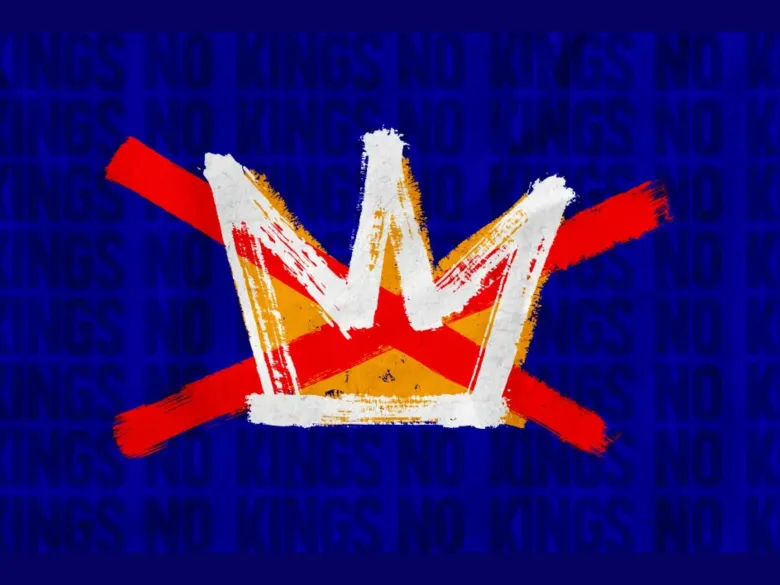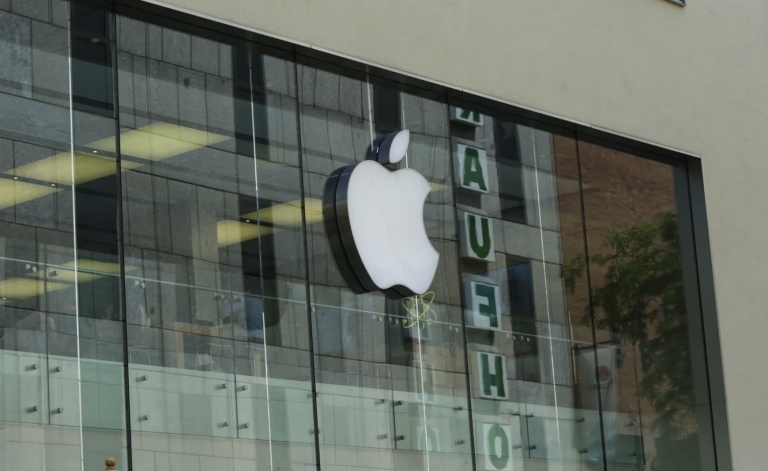
Indivisible, a progressive US organization with more than a million members, is shifting its activism from the streets to the streaming world. The group helped lead the “No Kings” rallies that drew nearly seven million Americans last month. Now it targets Spotify for running ads from the US Immigration and Customs Enforcement (ICE). Its new campaign carries a blunt slogan: “Don’t stream fascism: cancel Spotify.”
Why Indivisible Is Targeting Spotify
Indivisible says ICE’s ads exploit vulnerable communities and spread fear. “Spotify claims these ads comply with their policy, but the truth is streaming hate is not neutral. It’s a choice,” the group explained. Members now boycott Spotify, protest outside its offices and events, and tag artists, podcasters, and labels on social media to amplify the pressure.
Leaders Ezra Levin and Leah Greenberg pressed Spotify’s executives directly. They wrote to CEO Daniel Ek and Chief Public Affairs Officer Dustee Jenkins to request a meeting. Levin criticized the company’s decision: “They could have refused this contract, like other platforms already have. Instead, they chose authoritarianism and profit over their artists and listeners.” Independent label Epitaph Records joined the call in mid-October and demanded that Spotify remove ICE ads immediately.
Spotify’s Response and Wider Context
Spotify defended its stance. In October, the company said ICE’s advertising was part of a broader government campaign across television, streaming, and online platforms. Executives insisted the ads did not break company rules. Reports confirmed ICE ads also ran on YouTube, Pandora, LinkedIn, HBO Max, Hulu, and Meta’s platforms. Still, activists have made Spotify the main target of their backlash.
The controversy highlights growing tension between corporate advertising and public accountability. Indivisible’s campaign may force Spotify to reconsider its position as pressure builds from artists, labels, and millions of activists. Whether Spotify holds firm or yields to protests, the debate shows how streaming platforms now stand at the center of political and cultural battles.








